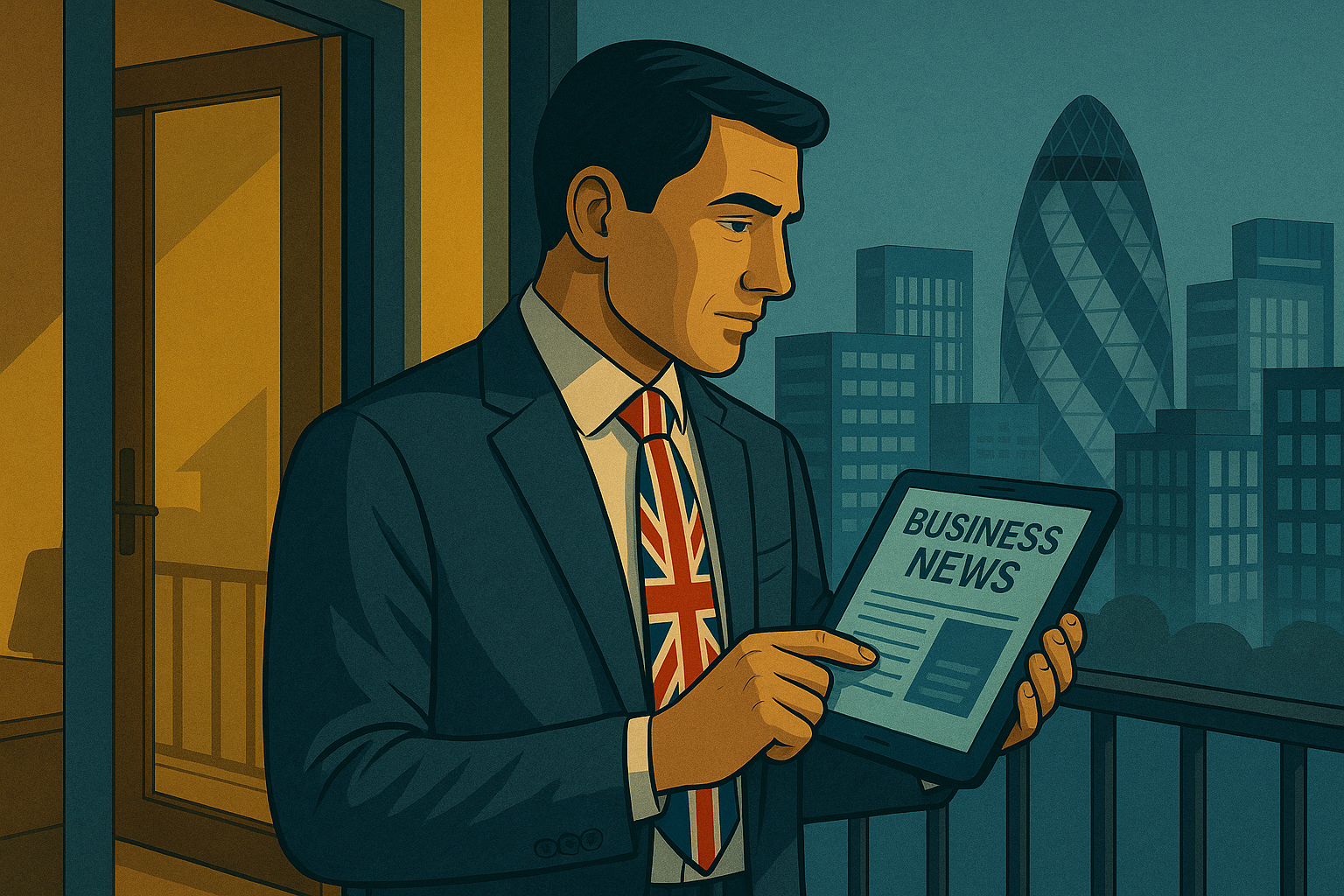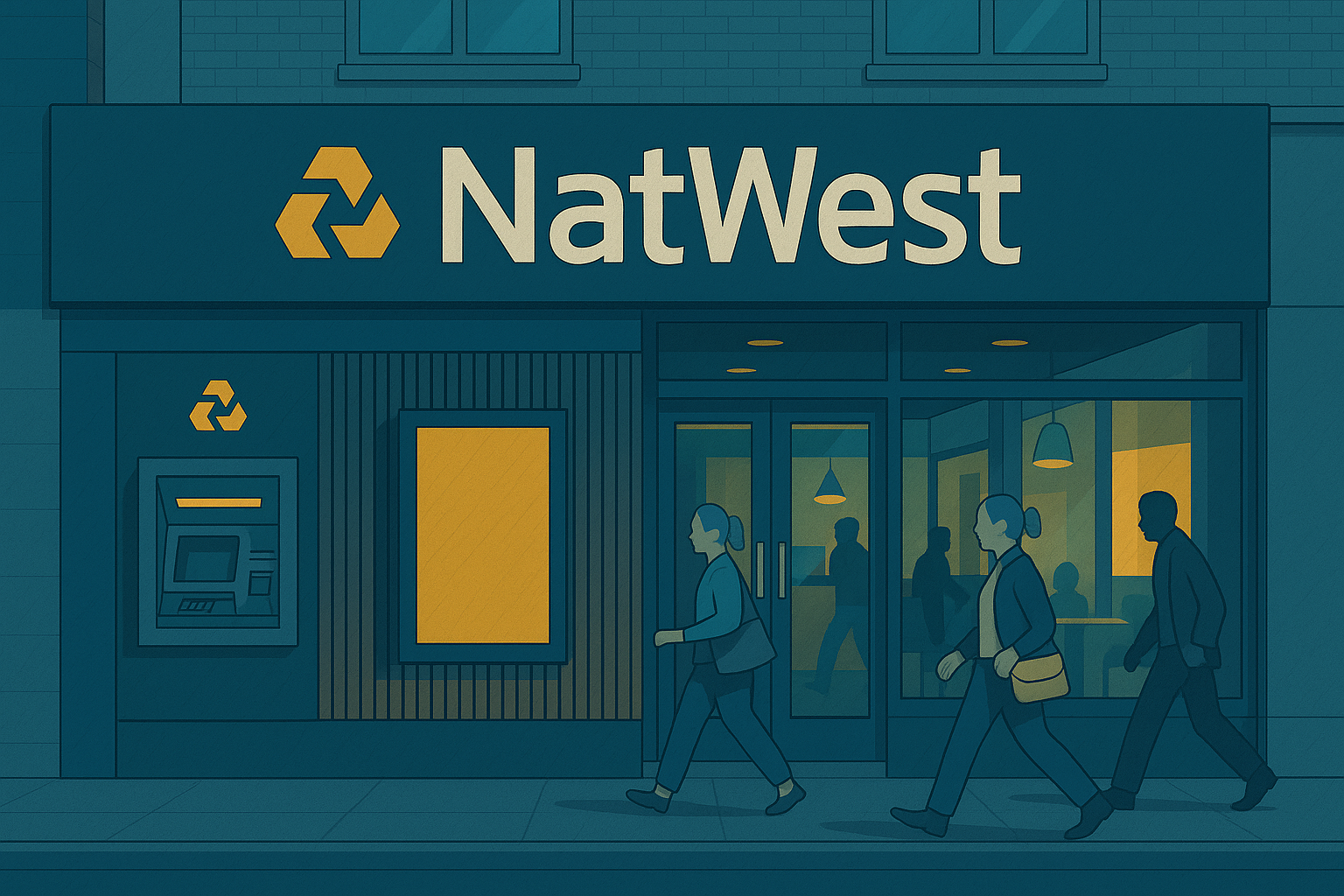The UK’s services sector remains in a downturn, with confidence falling for a fourth straight quarter, according to the Confederation of British Industry (CBI). The latest survey highlights ongoing cost pressures, subdued demand and shrinking margins across both consumer and business-facing services.
Confidence across the sector recorded a balance of –29 %, an improvement on the –43 % reported in May, but still firmly negative. New orders fell at their sharpest pace since November 2022, underscoring the fragility of client demand. Headcount has continued to decline, with businesses reporting planned cuts of 11 % in professional services and 36 % in consumer-facing companies.
“Services businesses are struggling under the weight of higher costs and weak demand,” said Alpesh Paleja, CBI lead economist. “It’s critical that government policy does not compound the pressure by increasing corporate taxes or introducing additional burdens.”
Rising labour and compliance costs have intensified the strain. The survey showed that per-employee costs rose by more than 60 % in business services and 70 % in consumer services during the last quarter, while profitability slipped sharply. Many companies reported being unable to pass these costs on to clients, eroding margins further.
The investment outlook remains muted. Two-thirds of respondents cited demand uncertainty as the main deterrent to spending, with concerns over returns and reduced internal finance also limiting plans. While the S&P Global UK services PMI registered 53.6 in August, signalling modest expansion, the CBI survey suggests underlying pressures remain entrenched.
The Bank of England faces a difficult balancing act. Persistent inflation and weak growth continue to complicate its interest rate strategy, while businesses are urging the government to hold back on further tax rises in the Autumn Budget.




